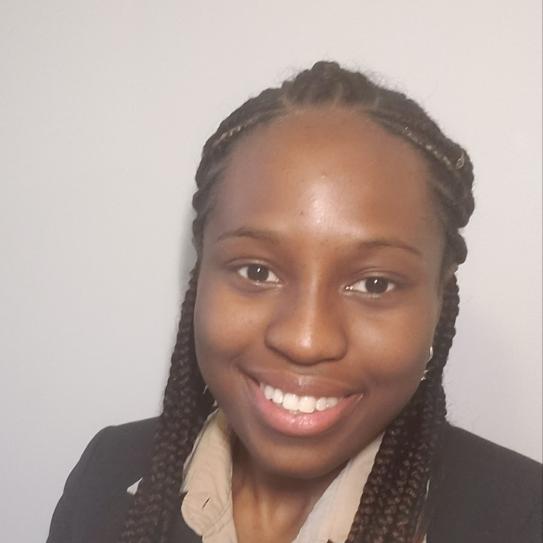Brittney Tiffault

What does it mean to you to be an engineer?
Engineers push the boundaries to make things better; paraphrasing a T-shirt I once saw, even if it’s not broken, fix it.
How is your field being redefined for today and tomorrow’s needs? What contributions do you hope to make to this redefined landscape?
Biomolecular scientists and engineers are now making enormous contributions to clinical care and collaborating to solve intractable problems. I’m fascinated by how far we’ve come but also by how much further we can go. My particular area of interest is the intersection of neuroscience and engineering. When I think about a problem like spinal cord injuries . . . they can paralyze you for life, yet that doesn’t make sense. There’s a solution out there; we just have to crack the code.
How did NYU Tandon help you redefine yourself?
Back in high school, I launched a future scientists and physicians club, but when I got to Tandon it became much clearer how I could go about merging my interests in biology, engineering, and invention. I continually picked my professors’ brains, and when I had the chance to volunteer in Professor Kalle Levon’s lab, I jumped at it. He’s known for his work in assisting clinicians with point-of-care diagnostics, so that was a great experience.
I’ve also had the opportunity to complete a research internship at Johns Hopkins, as well as to participate in NYU Langone Health’s Summer Undergraduate Research Program, where I searched for biomarkers for pancreatic cancer.
From the minute I entered NYU Tandon, I have been cheered on and mentored, and that’s made all the difference for me.

